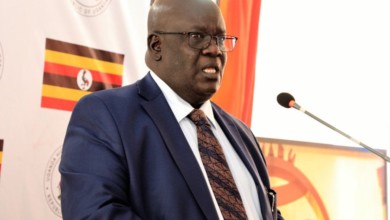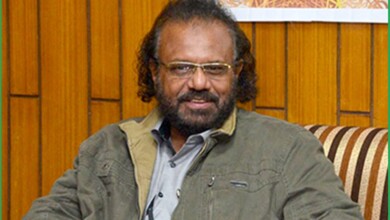Witness to history: Sheikh Kakooza’s firsthand account of Uganda’s Muslim factions
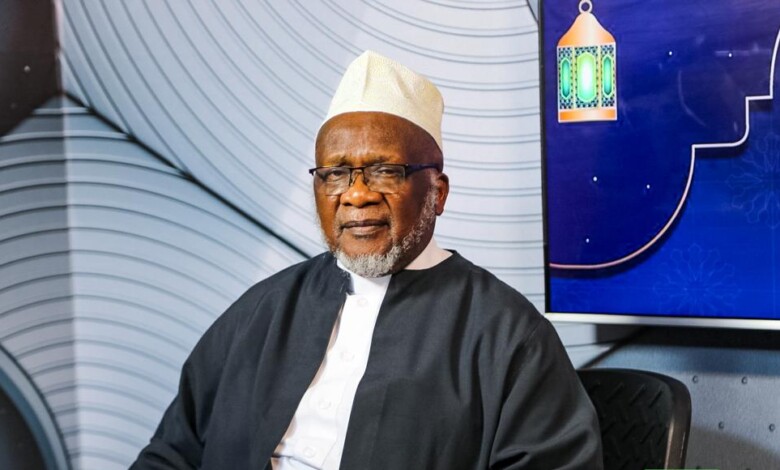
Sheikh Hussein Rajab Kakooza stands as one of Uganda’s most respected and pioneering Islamic scholars, a figure whose life and career have been deeply intertwined with the modern history of the Muslim community in the nation. This detailed account of his scholarly journey and tumultuous leadership was shared during the Muslim Roundtable podcast, hosted by Ssekikubo Yasin Kisuule. The Friday Call’s Shahista Namale listened in and now reports.
Born on March 23, 1943, into a staunch Muslim family, Sheikh Rajab Kakooza is the son of the late Haj Rajab Mukasa, who was initially a resident of Mumyuka in Busiro, presently part of Wakiso District, and later relocated to Bugerere where he was buried; his mother, Mrs. Amina Namagembe, was a resident of Kigalama Ssingo in Mityana District, where she died and was buried.
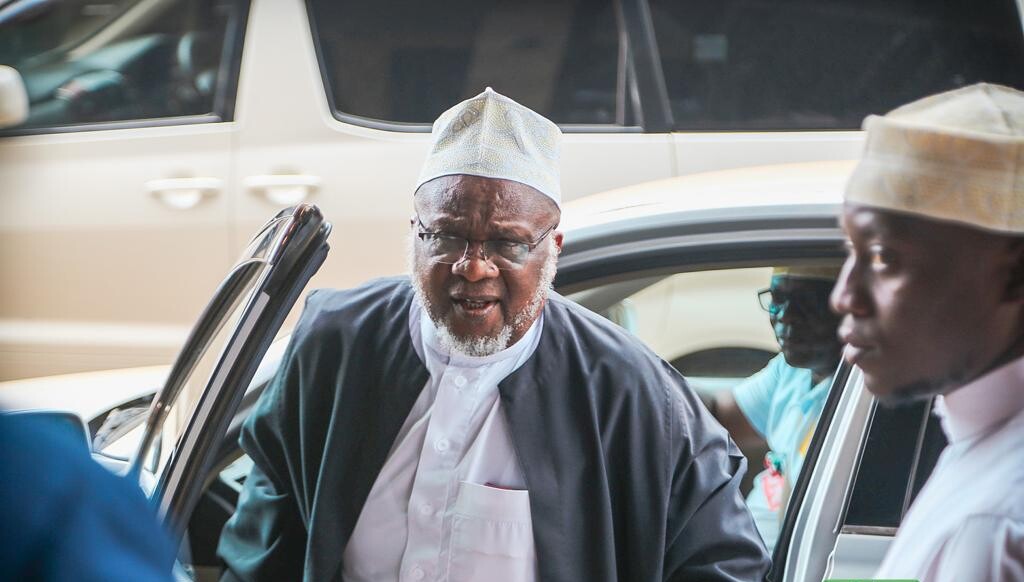
The family was not exceedingly large, with nine children in total.
Kakooza’s early education began at Namusera UMEA in 1948, but due to financial constraints, he was later transferred to continue his studies in Kawempe, at the site where the Kyaddondo mosque now stands.
His formative years were shaped under the nurturing guidance and tutelage of esteemed Sheikhs of the time, including Sheikh Sururu Doka of Entebbe, Sheikh Musoke Salim of Mende, and Sheikh Haroun Kimali’empaka, among others.
In 1957, the teenage Kakooza joined the Islamic Theological Seminary at Kyadondo hill, an institution founded by the Juma-Zukuli Muslim Group under the leadership of the late Sheikh Abdurahman Mivule; this allegiance was a natural step, as Sheikh Kakooza’s own father paid allegiance to the Juma-Zukuli Muslim faction.
After his initial training within this group, the young and intellectually curious Kakooza demonstrated an early commitment to deep scholarship by deciding to continue learning Islamic exegeses from various other elderly Sheikhs of the time.
His pursuit of knowledge took a leap forward in 1967 when he secured a scholarship to the Karachi Islamic University in the Islamic Republic of Pakistan.
Prior to his departure for Pakistan, where he would study for four years and earn a certificate (Shahadal alamiyah), Sheikh Kakooza briefly served his community as an Islamic theological teacher at Nsotoka Islamic School, then situated in the old Mukono District.
Shortly after completing his studies in Pakistan, he travelled to Kuwait, where he secured contacts that enabled him to gain admission to the prestigious Madinah Islamic University in the royal kingdom of Saudi Arabia.
However, the administrators of Madinah University compelled him to repeat his undergraduate studies in Islamic Theology, a requirement the then-young Kakooza humbly accepted.
At Madinah Islamic University, he specialized in the field of Sharia, successfully completing these studies in 1977. Without wasting time, he went straight to pursue his Master’s degree in the same field at the world-renowned, Egyptian-based Al-Azhar University, successfully completing it in 1980.
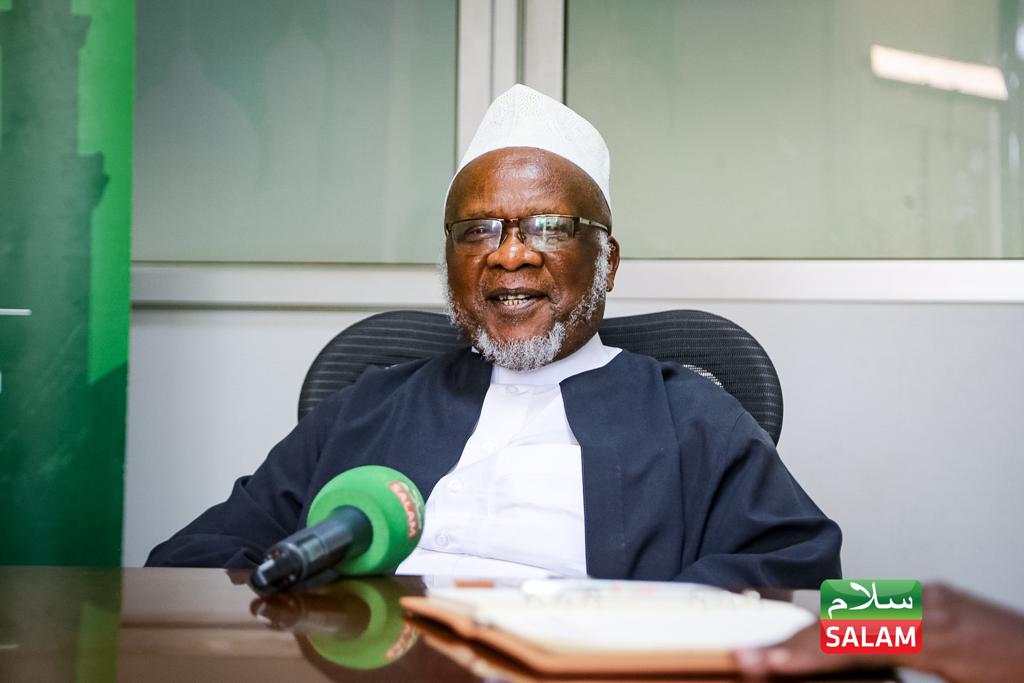
“At Madinah University, they first put me in ‘Thanawi’ which is equivalent to A ‘Level here and after two years, they enrolled me for a bachelor of Sharia (Islamic Jurisprudence) for four years. I then went to the prestigious Azhar University in Egypt for a master’s degree in Sharia until 1977.”
Kakooza had applied for his Ph.D. studies at Al-Azhar, but his path was altered by the call to national service.
“I was offered a PHD at Azhar but, I needed a break from books, when I came back to Uganda, I joined Muslim leadership and never went back to work on my PHD.”
This return to Uganda coincided with a key moment in Ugandan Muslim history. When the then-warring Muslim factions signed the historical Makkah Agreement in 1986, Sheikh Kakooza had applied for his Ph.D. studies.
However, Sheikh Abdu Obeid Kamulegeya’s team proposed and persuasively argued for him to accept a nomination and subsequent appointment as the Chief Kadhi of Uganda, a call to duty he readily accepted.
As he recounted, the tasks ahead were immense: “There were so many tasks, all are contained in the Makkah agreement document, I do not recall all of them. However, among them were; Act on behalf of UMSC and maintain its property, Prepare for free and fair elections in a period of one year, and others.”
The same Makkah agreement elected a leadership team, including Sheikh Saad Ibrahim Luwemba as his deputy, Sheikh Ahmad Mukasa as secretary for religious affairs with Sheikh Mahdi Kakooza as his deputy, and Muhamood Ntege Lubwaama as Secretary General with Yusuf Issa Byekwaso as his deputy (though Muhamood did not work from the post as he was staying in the UK, leading his deputy to assume all duties alongside Musa Luyombya Mayanja), and Issa Iga as Treasurer.
However, the peace hoped for was fleeting. Sheikh Kakooza noted that Muslim conflicts were not a new phenomenon, stating, “Muslim fights have not started now even during the old days fights were already happening.”
True to this, internal strife resurfaced quickly: “Before a year came to a close after the Makkah agreement, Muslims had already started quarrelling. There were two warring factions led by Kamulegeya and Qassim Mulumba respectively.”
The Mulumba group actively campaigned for his deputy, Sheikh Saad Luwemba, to assume the post of Chief Kadhi, which made their working relationship profoundly difficult.
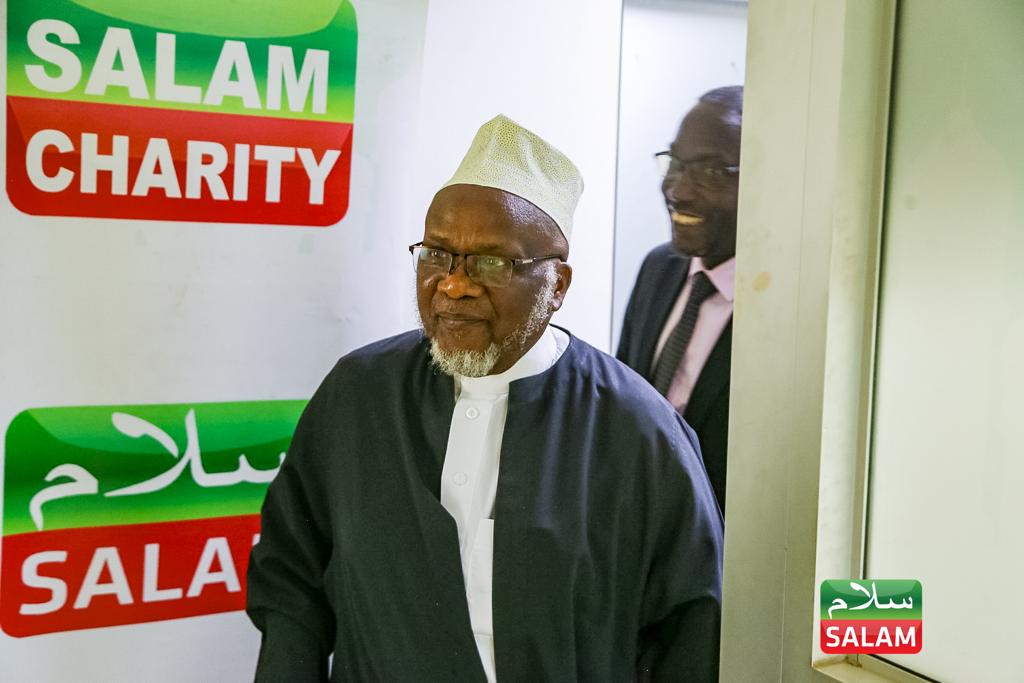
“Saad Luwemba became difficult to work with. For example, whenever we sat in the Management meetings to plan for the weekend and asked him to represent UMSC at a particular function, he would decline and claim that he won’t be available, I later learnt that he was mobilizing for the post of Chief Kadhi.”
At that time, with no one holding the rank of Mufti, Sheikh Rajab Kakooza was the highest-ranking official in the Supreme Council and was supposed to chair the election as stipulated by the Makkah agreement.
The election began peacefully but was soon marred by significant irregularities, leading Sheikh Kakooza to suspend the process. In defiance, Saad Luwemba’s group proceeded to conduct an illegal election.
Sheikh Kakooza continued serving in his capacity as Chief Kadhi, a position Luwemba also claimed, leading Luwemba to take the matter to court, alleging that Kakooza had refused to vacate the office. The court ultimately ruled that Luwemba had been illegally elected and therefore dismissed all charges he had preferred against Sheikh Kakooza.


